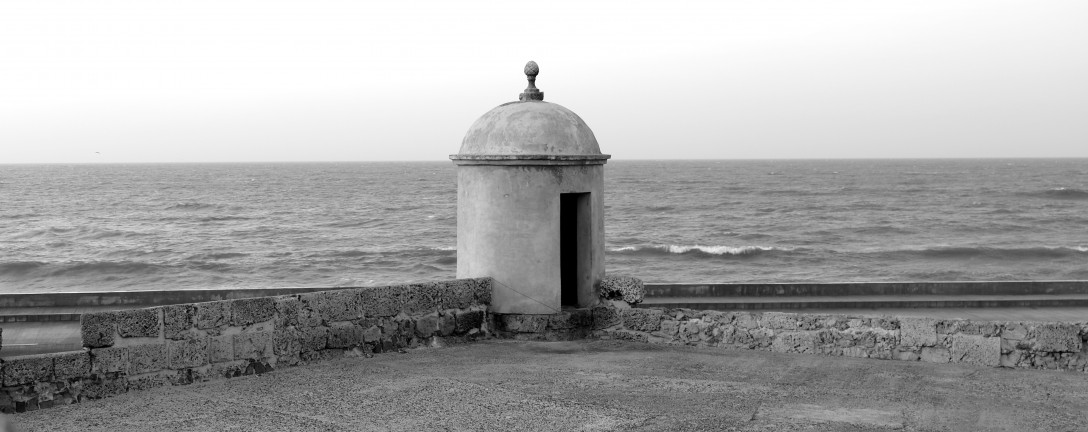Tags
amol palekar, basu chatterjee, Hrishikesh Mukherjee, Mukesh, Rajnigandha, Salil chowdhury, vidya sinha, Yogesh
Yogesh Gaur, known to Hindi film music lovers by the mononym “Yogesh”, passed away on May 29, 2020. Yogesh wrote lyrics for a number of movies in the 1960s and 70s. He had a successful teaming with Hrishikesh Mukherjee in Mili and Anand. Kahin door jab Din dhal Jaaye, from Anand remains his most popular song. He also teamed with Basu Chatterjee for Chotisi Baat and Rajnigandha. Yogesh was known for using simple Hindi for his lyrics (as against the use of Urdu by his contemporaries). His oeuvre wasn’t as voluminous as other more prolific lyricists of his time, but he left a unique mark on Hindi film music. His teaming with Salil Chowdhury gave the dulcet “Rajnigandha phool tumhare”, the energetic frothiness of “Jaaneman Jaaneman tere do nayan”, or the sombre “Kahin door jab din dhal jaaye”. Songs, that we listen to even today.
The write up below is on one of his songs from Rajnigandha, directed by Basu Chatterjee who passed away as I was composing this post on June 4th, 2020. Five key contributors of this song are no more: Basu Chatterji, Yogesh, Salil Chowdhury, Mukesh, and Vidya Sinha.
Composer: Salil Chowdhary
Singer: Mukesh
Lyricist: Yogesh
Film: Rajnigandha
Kayi baar yun bhi dekhaa hai
Ye jo man kee seemaa rekhaa hai,
Man todane lagataa hai
Anjaanee pyaas ke peechhe,
Anjaanee aas ke peechhe,
Man daudane lagataa hai
Raahon mein, raahon mein,
Jeewan kee raahon me
Jo khile hain phool phool muskuraa ke
Kaun saa phool churaa ke,
Rakhoo mein man sajaa ke
Kayi baar yun bhi dekhaa hai
Ye jo man kee seemaa rekhaa hai,
Man todane lagataa hai
Anjaanee pyaas ke peechhe,
Anjaanee aas ke peechhe,
Man daudane lagataa hai
Janoo naa, janoo naa,
Uljhan ye janoo naa
Sulajhaoon kaise kuchh samajh naa paaoon
Kis ko meet banaaoon,
Kis kee preet bhoolaaoon
Kayi baar yun bhi dekhaa hai
Ye jo man kee seemaa rekhaa hai,
Man todane lagataa hai
Anjaanee pyaas ke peechhe,
Anjaanee aas ke peechhe,
Man daudane lagataa hai
कई बार यूं भी देखा है ये जो मन की सीमा रेखा है मन तोड़ने लगता है अन्जानी प्यास के पीछे अन्जानी आस के पीछे मन दौड़ने लगता है राहों में, राहों में, जीवन की राहों में जो खिले हैं फूल फूल मुस्कुराके कौन सा फूल चुराके, रख लूं मन में सजाके कई बार यूं भी देखा है ... जानूँ न, जानूँ न, उलझन ये जानूँ न सुलझाऊं कैसे कुछ समझ न पऊँ किसको मीत बनाऊँ, किसकी प्रीत भुलाऊँ कई बार यूं भी देखा है ...
More than anything, words in Hindi film songs get me first before the singing or the composition does. So when I heard this song for the first time, I don’t recollect when, but in the 80s I think, the thing that stayed with me was the word “Seemarekha”. This one word had me pay rapt attention to the song. I was amazed at how such a word can even be used in a song! It felt odd, but yet it was just perfect for the sentiment that was being conveyed in the song. Mind you, I was listening to the song while watching the movie and the song is about the confused state of mind that the heroine (Vidya Sinha) finds herself in. She is unsure, she is conflicted and it seems like she is going through a whirlwind of feelings that aren’t making her think straight.
Kayee baar yun bhi dekha hai, yeh jo mann ki SEEMAREKHA hai;
Mann todne lagata hai
Anjaani aas ke peeche, anjaani pyaas ke peeche
Mann daudne lagata hai
Writing words for Hindi films is no mean task. Usually the composition is ready, and the lyricist has to work within that “dhun”, while keeping the situation in the movie in mind and then bring out the feelings of the characters on whom the song will be shot. This is not free verse poetry, the constraints are enormous and when the lyrics do justice to the spirit of the narrative and the character and the composition, it is no mean feat. Ironically, the poet has to stay within the boundaries of these constraints : the poet can’t cross these seemarekhas. His/her loyalty has to stay with the situation and the character in the film.
Yogesh, who is the lyricist of this song, works within these boundaries and creates simple poetry that fits squarely in the situation of the movie. The composer, Salil Chowdhury brings out the feel of an unsure mind which I think comes from the mild staccato’ish sound that he uses throughout the song. The song begins with Mukesh singing the first two lines in a low voice, followed by the wailing of a saxophone which transforms into short bursts and then Mukesh sings the mukhada again in normal pitch to the staccato beats. Using male singers to convey emotions of a female character, is not a new thing for Hindi films. Right from the 50s to even today, songs shot on women, about their feelings, have been sung by men (very recently : Kinaare from Queen or Dhak Dhuk from English Vinglish). More than a male singing for a song shot on a female, what concerns me is a male writer writing the words for songs that are from a female POV. I somehow feel that the authenticity of the poetry is an assumed experience, and not an authentic one. This is not take away the efforts of the writer in bringing out the right emotions for the situation the female character finds herself in the narrative, but merely a small discomfort that had it been penned by a woman, would it carry a little more authenticity?
